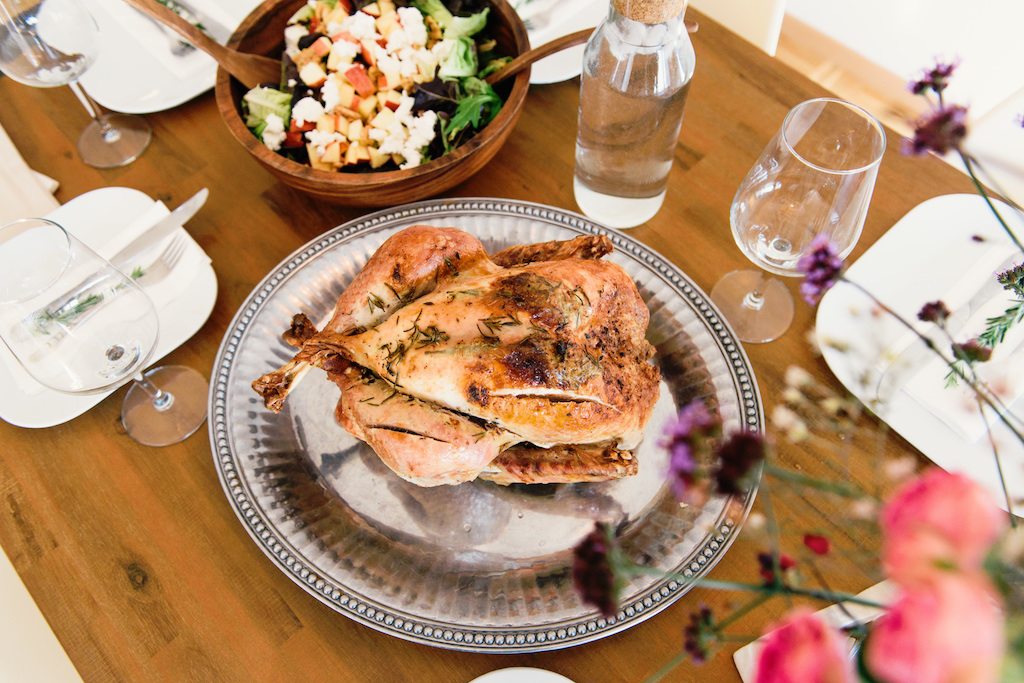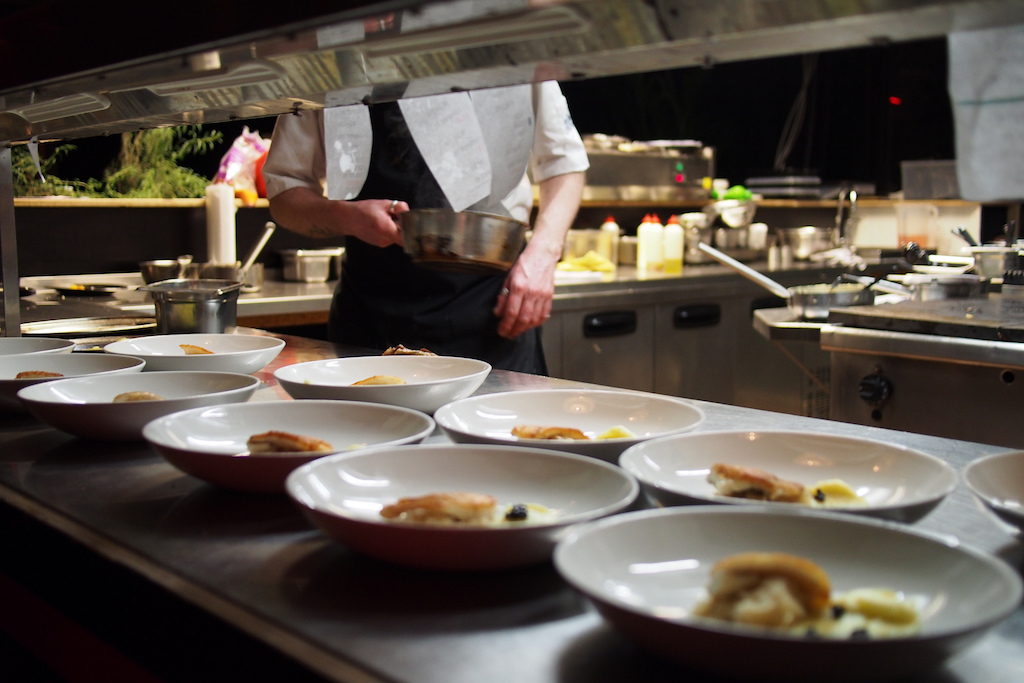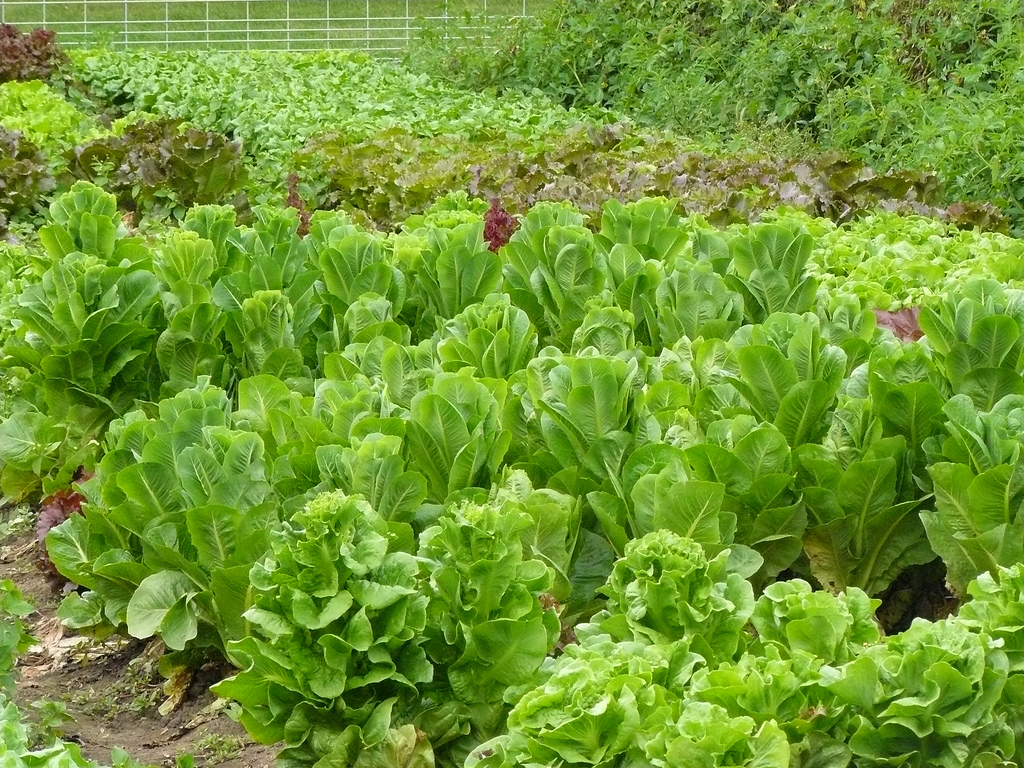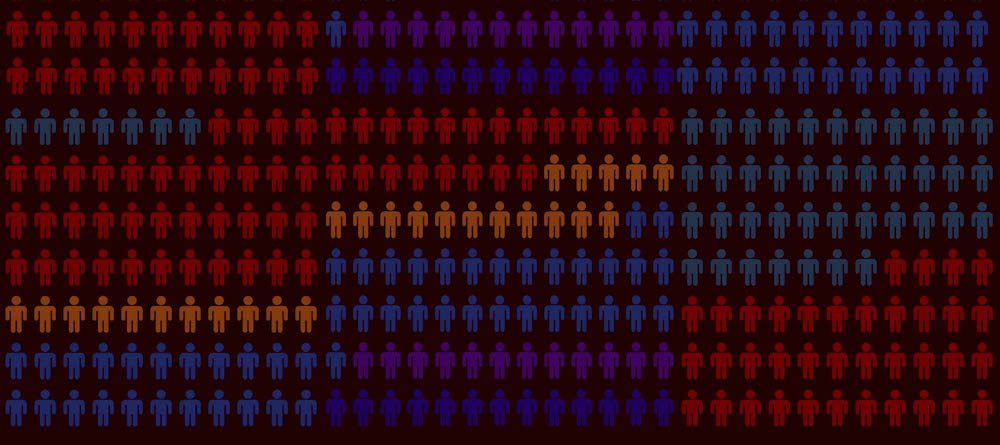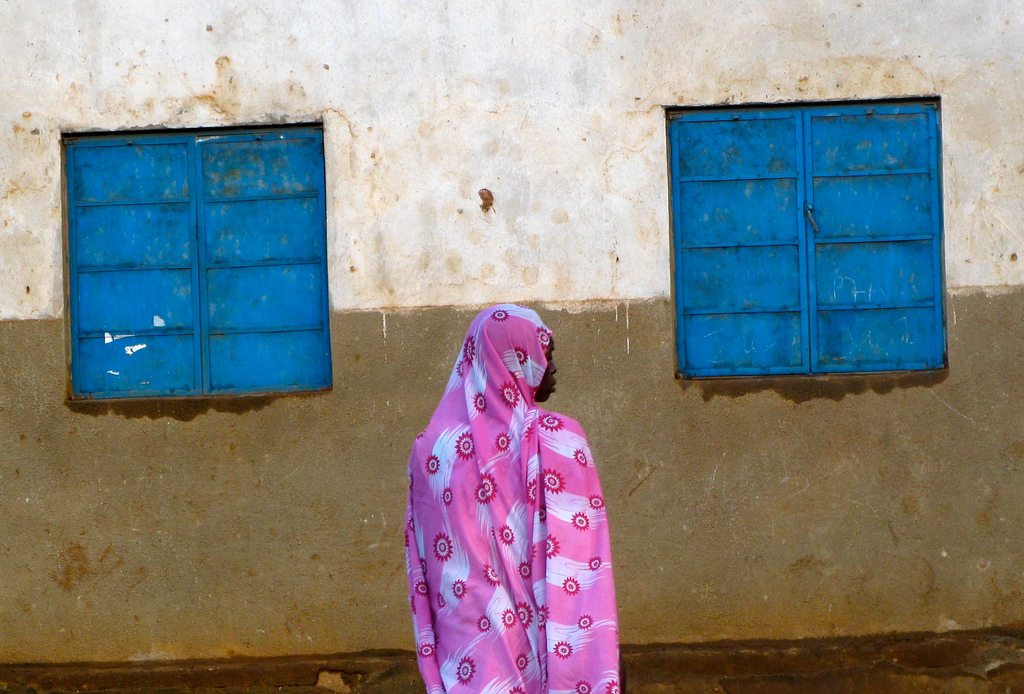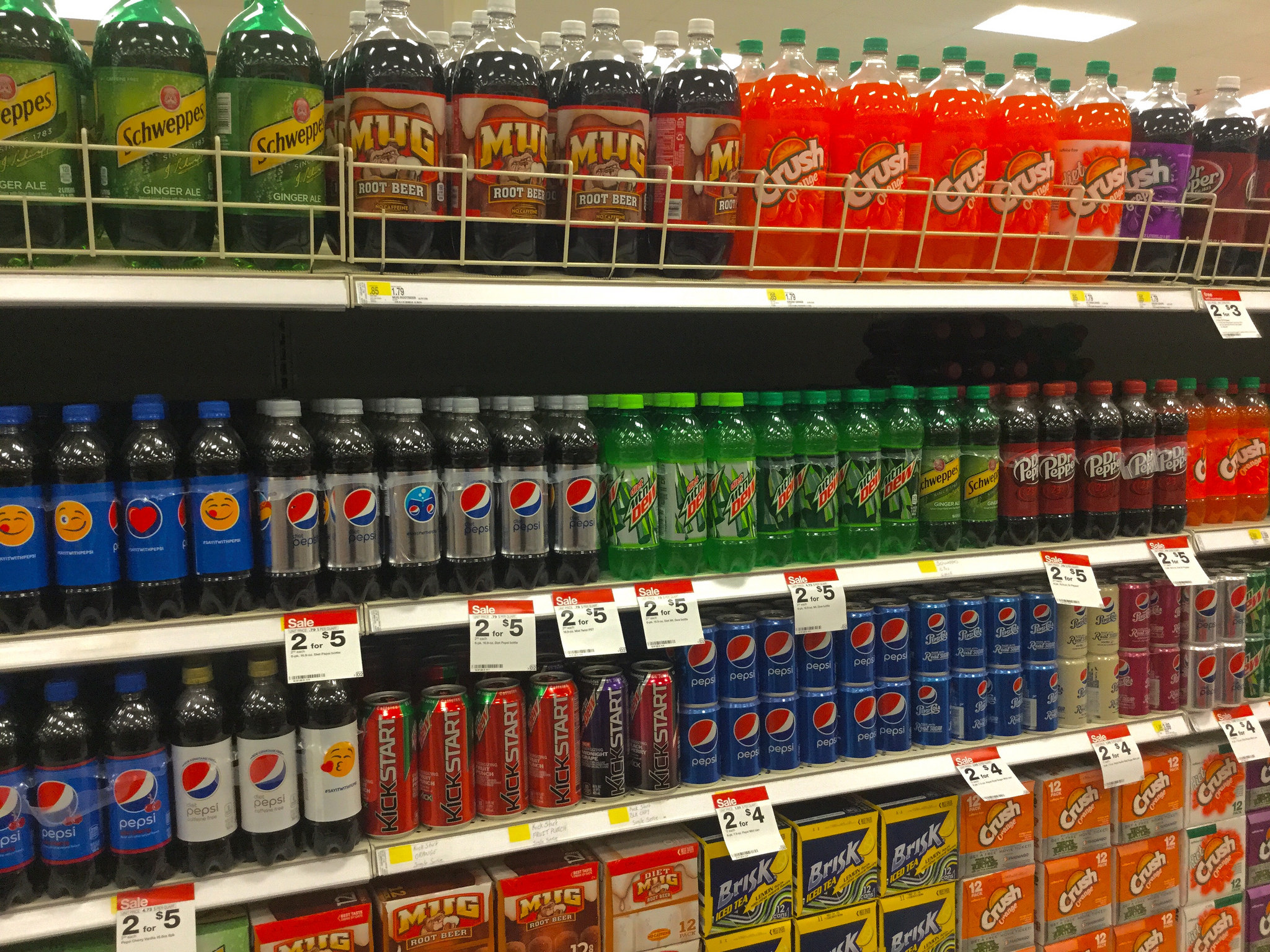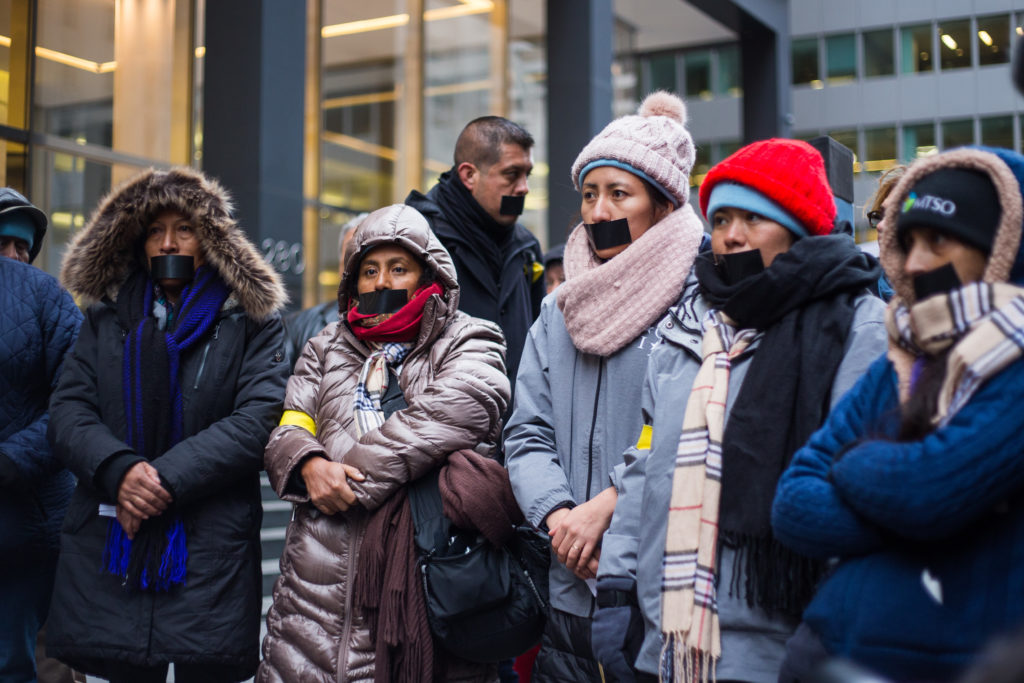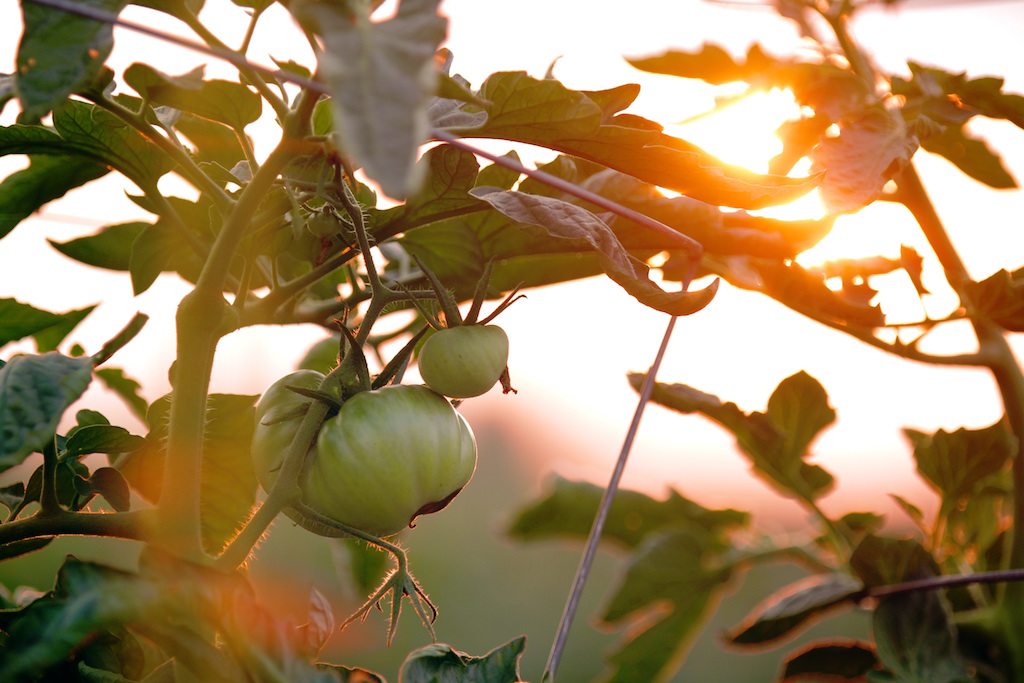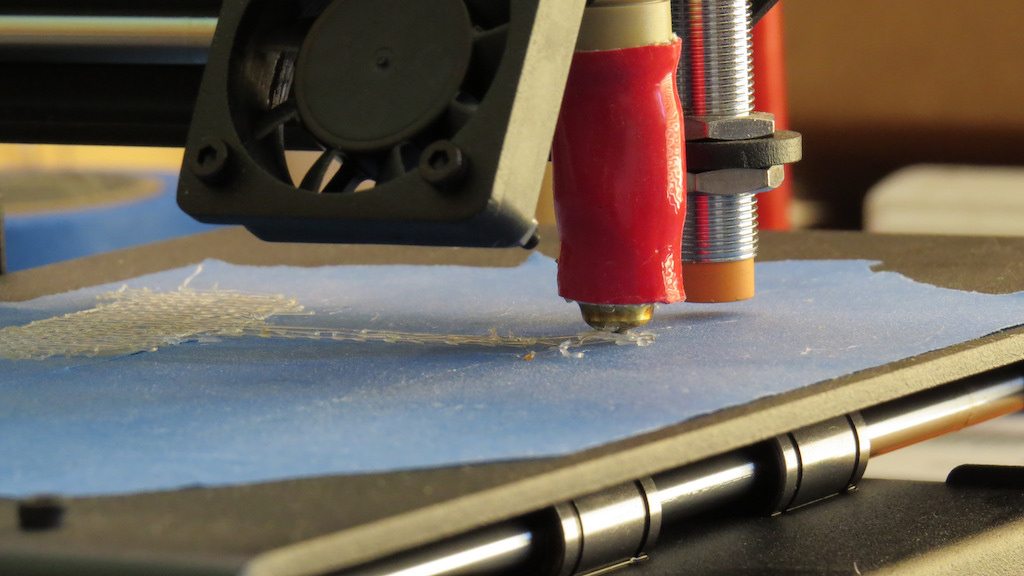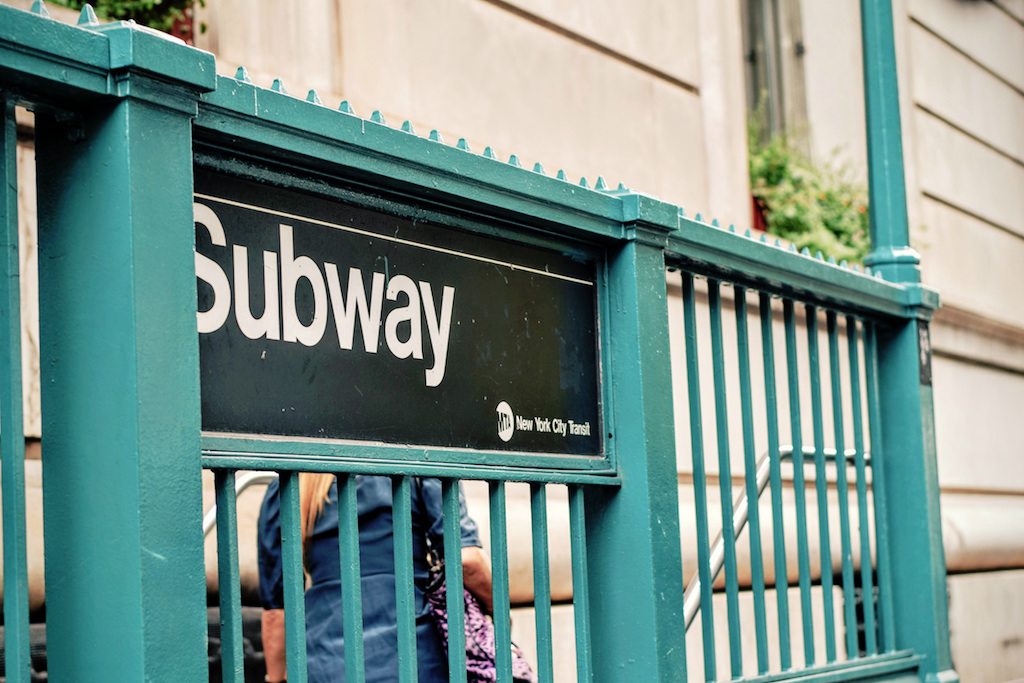Heartbreak and hospitality. News of an illness that sickened as many as 19 and killed three after a community Thanksgiving luncheon in Antioch, California, has grown increasingly grim. The meal, served to 800 people by the Golden Hills Community Church at the Antioch American Legion Hall, appears to have been comprised mostly of food prepared in volunteers’ private homes, Food Safety News reports.
For some context: Perhaps the most devastating incident of foodborne illness in American history—a 1993 E. coli outbreak linked to undercooked hamburger at 73 Jack in the Box restaurants—killed just one person more than the Antioch incident. In that case, four people died, all of them children.
The Contra Costa County coroner identified the three Antioch victims (all residents of local assisted-living facilities) on Wednesday of this week. SFGate reports all three shared “similar intestinal abnormalities,” but biological samples for 21 foodborne illnesses have come back negative and the official cause of death has yet to be determined.
Tracing the origin of an outbreak is never an exact science. And this one may prove especially difficult, given how much of the food had been prepared in private homes. Food Safety News reports only mashed potatoes and stuffing were prepared on premises, while green beans were warmed up there.
What makes the Antioch case particularly troubling is that the meal, as hundreds of similar community meals across the country would presumably also have been on Thanksgiving day, was served without having secured permits to do so (event permits typically prohibit serving food made in private homes or facilities without licenses).
But that’s the nature of community meals: they’re often homegrown, given charitably, and prepared with limited resources for people of limited means. Any good hospitality narrative necessarily includes a shared feast. And nobody ever wants to imagine an epilogue like this.
